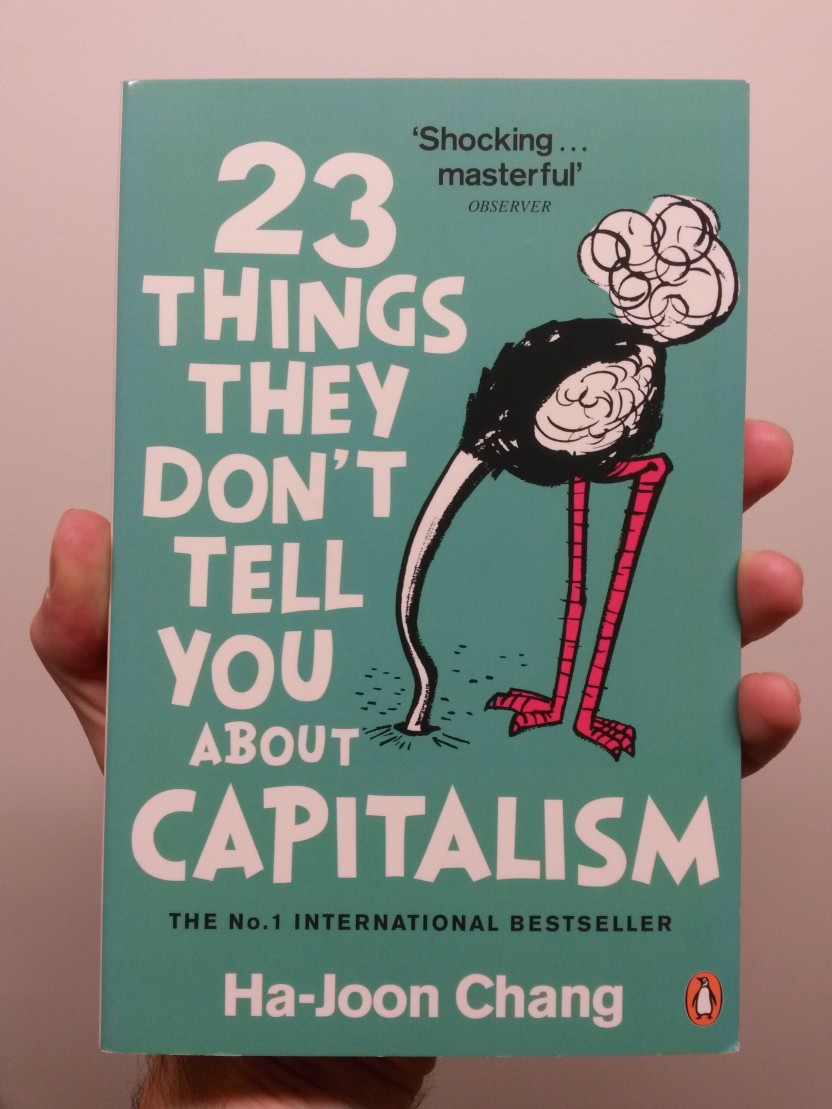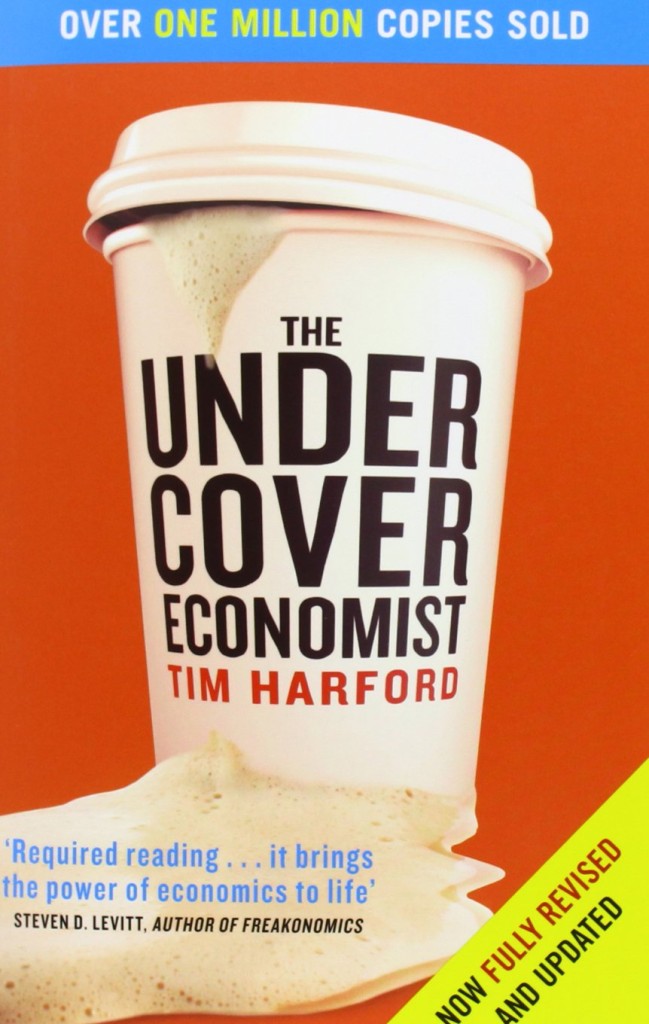 Historian Ian Morris argues that in the evolution of human culture, changes in ethical values have been driven by energy. He thinks that in any given epoch, the dominant energy source sets limits on the kinds of societies that can succeed, and each society in turn rewards specific values.
Historian Ian Morris argues that in the evolution of human culture, changes in ethical values have been driven by energy. He thinks that in any given epoch, the dominant energy source sets limits on the kinds of societies that can succeed, and each society in turn rewards specific values.
As far as it goes, there may be some correlation, but he gets it backwards when he tries to base a grand theory on it. That’s my impression after listening to his talk at the RSA.
In the evolution of human culture from pre-history to the present, changes in ethical values have been driven by the most basic force of all: energy.
 The title describes the book: 23 things, some counterintuitive, some perhaps contentious, they you may not have realised about the economic system that the world runs on.
The title describes the book: 23 things, some counterintuitive, some perhaps contentious, they you may not have realised about the economic system that the world runs on. The Undercover Economist is full of useful explanations of many orthodox economic concepts. It explains why free markets are so powerful and what economic efficiency means. It also contains the most accessible explanation of the subprime mortgage crisis as I have ever read. But when all you have is a hammer, everything looks like a nail. For Mr Harford, like many others, markets are that hammer. He does a decent job of trying to address possible difficulties with market-based solutions, but he ignores some fundamental problems.
The Undercover Economist is full of useful explanations of many orthodox economic concepts. It explains why free markets are so powerful and what economic efficiency means. It also contains the most accessible explanation of the subprime mortgage crisis as I have ever read. But when all you have is a hammer, everything looks like a nail. For Mr Harford, like many others, markets are that hammer. He does a decent job of trying to address possible difficulties with market-based solutions, but he ignores some fundamental problems.